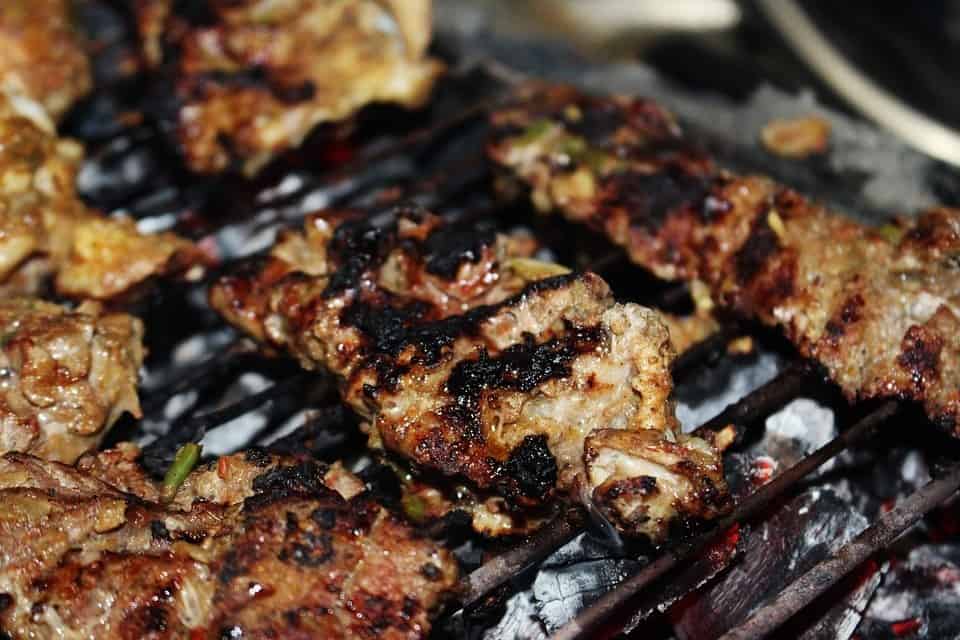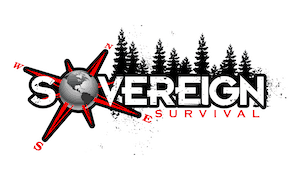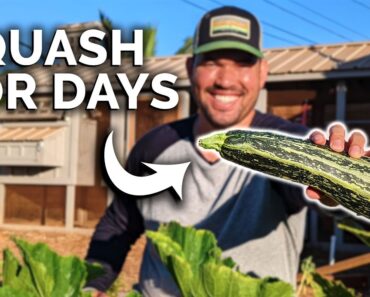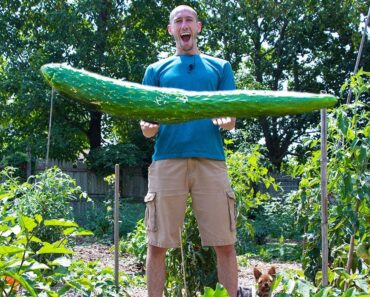Preppers will need to have a food source. If you are not a vegetarian it would be a health risk for you to completely take proteins and meats out of your diet. At the same time, the meat which you obtain from your hunting and fishing need to be preserved in order for you to have a sustainable food source.
Where you could go out and hunt every day and cook the meat fresh, the chances of you finding food daily is bleak and you will have other tasks that will not allow you to constantly be sitting and waiting on the game. Here are some ways in which you can preserve meat without a refrigerator.
You can dehydrate your meat PRIOR to bugging out
Dehydrated meat lasts for a very long period of time. As the moisture is removed from the meat it last longer and is less subject to molding and other damage which occurs when water is present. The easiest way for you to dehydrate meat is in a dehydrator.
You will need to season and cook the meat before placing it into the dehydrator. The only instance in which you would put the meat into the dehydrator uncooked would be if you are planning on cooking the meat later and using it in your food or for bait. Of course, this is a bit counterproductive. If you can perform the task now then why wait for a catastrophic event and the survivalist atmosphere to do it?
Salt the meat

Salting the meat is going to be the best way to preserve meat when you are in a wilderness situation. Careful consideration needs to be given to how much salt you have in your bug out bag. Meats have to be placed into a brine of salt for a few days.
Once the meat has absorbed the salt and dried out a bit, you will need to have a coating applied to it. The coating can be made with water and molasses. Keep in mind that the molasses may draw flies and other insects. Let the coating harden and then keep the meat hung in a dry climate. Again, you will want to keep the meat from insects and other animals, but at least it will be preserved.
NOTE: The coating that you add to the meat keeps it moist. If needed avoid the coating and put the meat in a covering of salt for a few weeks. The salt will preserve the meat. However, it will become jerky as the salts will draw out the moisture. You can rehydrate the meat to an extent, but you should keep this in mind when determine which methodology you wish to use.
Cold Water Does wonders
As water, specifically fresh water, will be a vital part of your wilderness survival, you can utilize your fresh water source to help preserve your meat. When using this method you will need to have a container which can also act as a conductor. Some people would state that a plastic cooler would work.
Yet, I find that these are too bulky and too thick to preserve meat effectively unless the temperature of the water is very cold. Instead, I find that metal containers do really well. Place the meat into a container in a ziplock bag (to keep out toxins). Put this into the metal container.
The metal container should be buried 2/3 to ¾ of the way in the water and secured. The top of the container should have water flowing over it but it should not be submerged to the point of having rapids going over it. As the container remains cool, so will the meat. Those using this method should understand that the meat is not going to be preserved for a long period of time. You are basically creating a wilderness version of a refrigerator.
The Cooking Method
One of the simplest means of preserving meat is to cook it. When you cook the meat you are killing the bacterium in the meat and reducing the moisture in the game. By doing this you can keep the meat longer. It is recommended that you add a salt coat to cooked meat when you are not planning on eating it soon.

When you cook meat which you want to preserve, do it slowly. Keep the barbeque mentality. Slow and low. If you try to cook the meat too quickly you will only burn it to a crisp and have nothing that has any nutritional value. You won’t even enjoy eating the crust.
Keep it alive till you need it method
Many people do not consider their food source as a preservation of meat. However, it is a vital part to your meat preservation. If you have rabbits or chickens you have walking meat.
Do not make the mistake of abandoning your meat source in a catastrophic event. Take you a few rabbits or a chicken or two. As long as the game is reproducing you will have a meat source.
Do not kill your game until you are ready to skin and eat it. By doing this, you eliminate the need to have an abundance of salt, dehydrate your meats, or worry about spending too much time on the game trail.
Of course, you will need to allocate time into keeping the animals alive, but I believe that the payoff is worth it.
When in a survivalist situation, you do not need to get food poisoning or run out of meat. Ensure that you have a tried and true way of preserving your meat.
Start practicing your skills now so that you will not have to learn them when the SHTF. Additionally, preppers and survivalists should be practicing their canning and their cutting skills to maximize the amount of meat they have available when a catastrophic event occurs.






